Or, how I learned to love (some) film adaptations, and didn’t have to learn to love Cold Comfort Farm – five minutes in we were mates for life.
I used to be one of those people who could rarely bear to watch a film if it was based on a book that I wanted to read. If I watched a film adaptation of a book I enjoyed, then I would be really critical and nine times out of ten consider the film to be vastly inferior to the book. Then I did a course at university about adaptations, and I discovered that some adaptations actually build on the story in the book, or partially critique it, and I now look forward to seeing films that do this. (Great example: Sally Potter’s Orlando)
I also discovered that if I watch the film first, then it doesn’t usually spoil my enjoyment of the book, and I decided that I wanted to watch every film and read every book on the reading list. I didn’t get very far. I watched a couple of adaptations of Alice In Wonderland, got really interested in that, and did my class presentation on it. I watched The Handmaid’s Tale. And then, after hearing Brenda Dayne talk about it, I decided to watch Cold Comfort Farm. About ten minutes in I was in love, but somehow it took me almost two years to get around to borrowing the book from the library. The plot of both film and book is as follows:
When Flora Poste’s parents die and fail to leave her a hefty enough inheritance, she can’t face the thought of getting a job, and decides instead to live off relatives. She writes to several, but when her cousin, Judith Starkadder, mentions a wrong that was done her father, and offers her a home at the ominous-sounding Cold Comfort Farm, Flora decides to go live there. She meets a whole host of weird and wonderful characters, from Amos Starkadder, terrifying preacher, to ethereal, poetry-obsessed Elfine, and seeing potential amongst all the mess, decides to single-handedly drag them all into the twentieth century.
Cold Comfort Farm is a satire of a type of rural family drama that was popular around the time that it was written. I guess it’s the 1920s-30s equivalent to the Twilight parody books that are out today, except that it’s actually good. I’ve tried reading a couple of the Twilight parodies and they lay it on so thick that I’m bored by the third page. Cold Comfort Farm has a subtlety and lasting charm that those books can only dream of, and I find it hilarious even though I haven’t read any of these rural family dramas. It’s a good story in its own right, being not entirely unbelievable. The characters, eccentric as they are, could really exist, which makes it all the funnier.
The thing I love most about the story is that although it’s satirical, it’s still strangely heart-warming. It’s not depressing, like my other favourite satire, Vile Bodies, or cruel as some can be – I’ve never enjoyed a satire in which all the characters are mean people being mean to each other. It’s satisfying to see Flora sorting everyone’s problems out. I cheer for her, even though she’s essentially smug, lazy, and shallow.
I’m still not sure whether I prefer the book or the film. The book of course has more going on in it; some of the characters were combined for the film, some lines changed character too. But there’s something about seeing Seth walk up to Flora whilst she’s sitting in the kitchen having afternoon tea, and attempt to creep her out/seduce her with his stare, that I find absolutely hilarious.
‘Sure you did, but did it see you, baby?’



[…] I loved this review of Cold Comfort Farm by Bev of My Reader’s Block, which perfectly summed up all the wonderful things about it. You can read my review, from 2011, here. […]